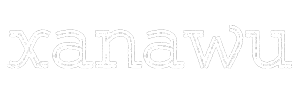After the takeover in 1997, the Government of Hong Kong commissioned a team of economists, physicians, epidemiologists, and public health specialists from Harvard University to conduct a study on Hong Kong’s health care system. An extract from their report:
One explanation for the highly variable quality of medical services in Hong Kong is the privilege enjoyed by the medical profession to self-regulate without interference and inadequate oversight from external organization. International experience shows that physicians possess a natural dominance in medicine because of their superior medical knowledge and professional authority. Physicians in Hong Kong are no exception. Experience in other advanced nations also shows that the self-regulation of a dominant profession does not protect the public interest unless strong check and balance measures are put in place. Hong Kong has few such measures. The leaders of organized medicine in Hong Kong are largely graduates of one medical school and have close professional ties to other commonwealth nations. As a result, their professional education and beliefs tend to be similar, creating close professional loyalties and collective defenses against external criticism. This situation has been further exacerbated by the fact that colonial powers commonly rule through the local elite, who decide on policies and programs; the general public, lacking influence and substantive input, depend on the good intentions of the elite. This legacy continues in Hong Kong where there is little transparency or public input in assuring quality of health care, and raises a fundamental question: are the interests of patients and the public best served by the current system?
if it’s the “one medical school” I’m thinking about, it is currently named after the richest business man in hong kong (9th richest in the world). from money made in real estate, of course (the prime area of investment in HK).

